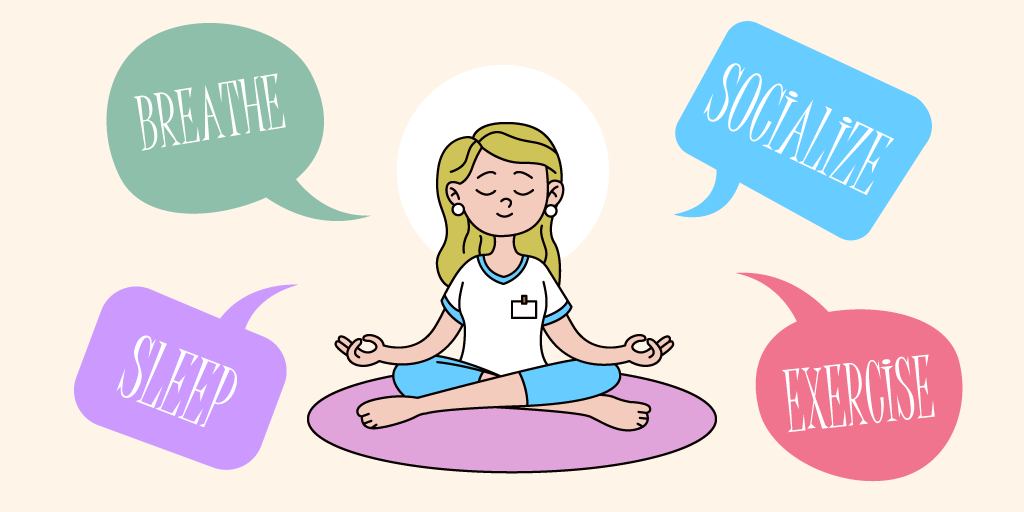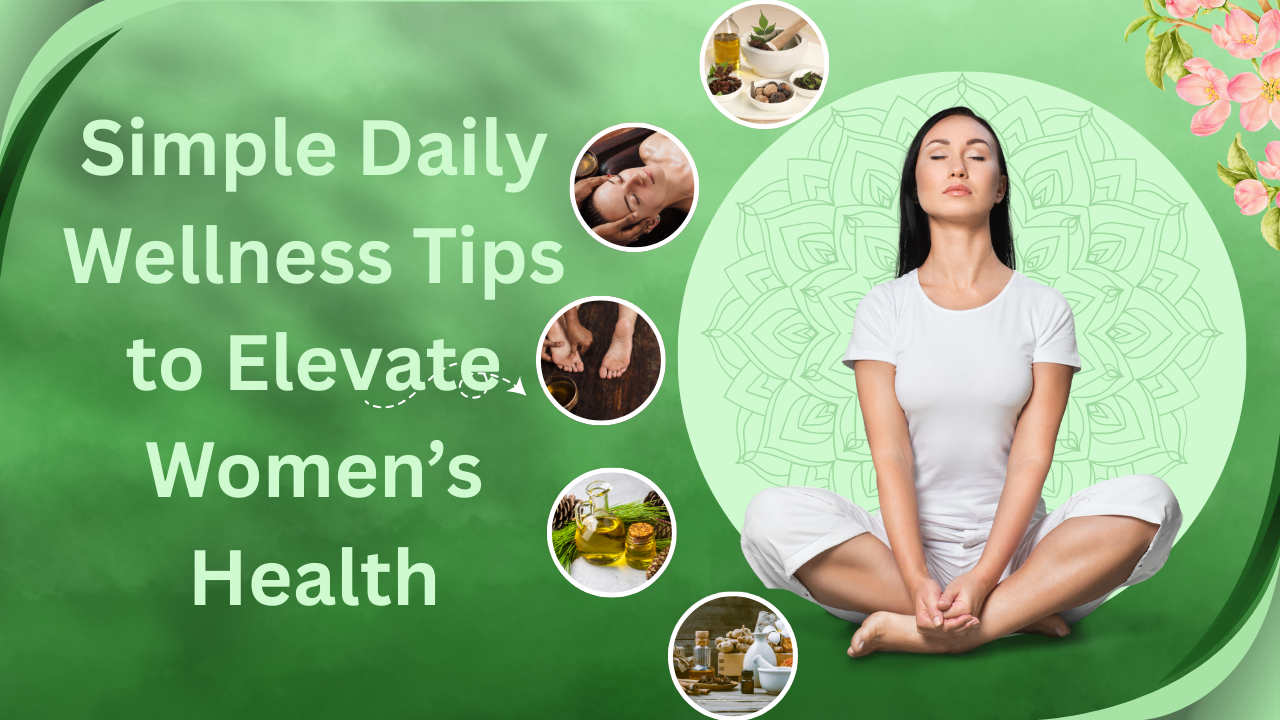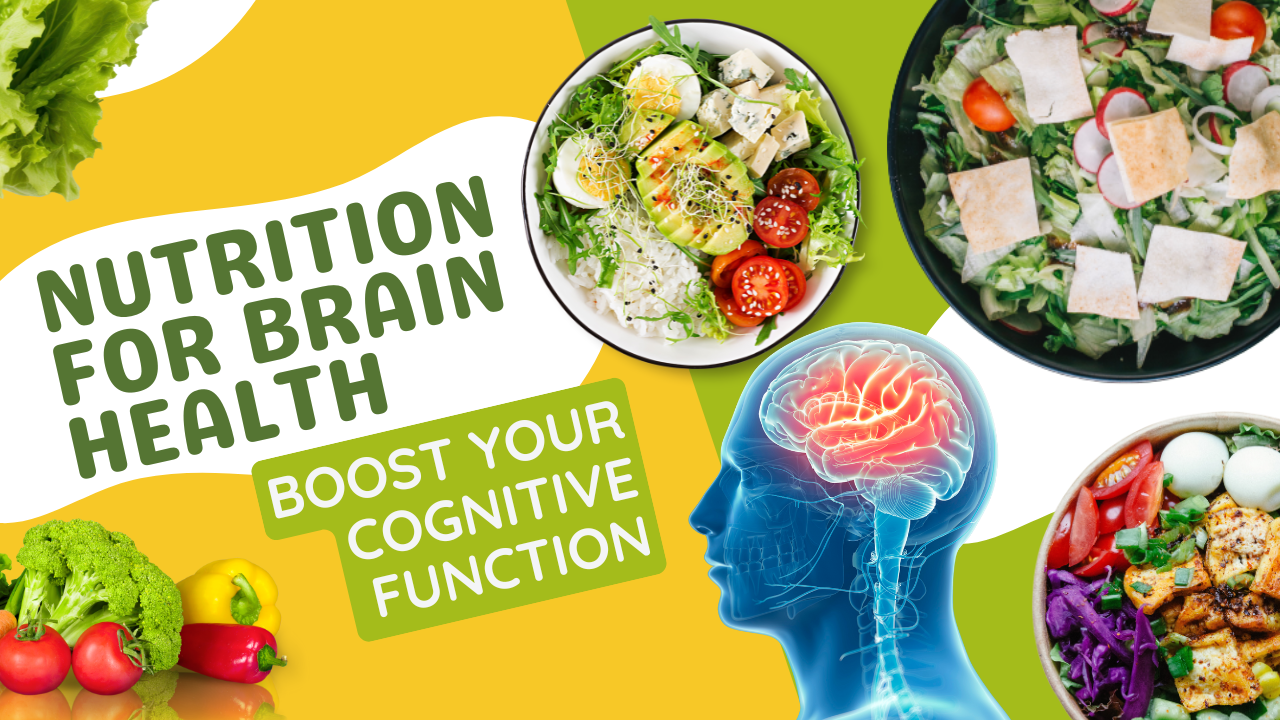Women’s health is much more than simply avoiding diseases; it is about reaching full physical, emotional, mental, reproductive, and social wellbeing. Throughout life, women experience different changes that affect their health, from puberty and pregnancy to menopause and aging. Each stage brings its own challenges and needs, which are often very different from those of men. Caring for women’s health requires understanding these changes and providing the right support at every phase of life.
Although society has made strong progress in advancing women’s rights and improving healthcare access, many women still face barriers to managing their health. Financial limitations, cultural expectations, lack of education, and limited access to healthcare services often make it harder for women to focus on their wellbeing. Many women also deal with the pressure of balancing work, family responsibilities, and social demands, which leaves little time for self-care or regular medical checkups.
To truly support women’s health, it is important to recognize these challenges and find ways to overcome them. Encouraging education about health, improving access to affordable care, and creating supportive environments can help women take better care of themselves. By addressing both physical and emotional needs, society can help women lead healthier, stronger, and more fulfilling lives at every stage.

Why Women’s Health Deserves Special Attention
Women have specific health considerations like:
1. Menstruation, monthly hormonal cycles, and overall reproductive health are important parts of a woman’s wellbeing and can affect her daily life in many ways.
2. Pregnancy, the process of childbirth, and the physical and emotional challenges that come during the postpartum period require special care and support for mothers.
3. Menopause brings major changes to a woman’s body, including loss of bone density and a higher risk of heart disease, which need attention and proper management.
4. Women are more likely to experience autoimmune diseases, as well as higher rates of anxiety and depression, which can impact both physical and mental health.
5. Women often have a greater sensitivity to hormonal changes and stress, making it important to maintain balance for better overall health.
Despite these challenges, women often put others’ needs before their own. But prioritizing personal health isn’t selfish—it’s foundational. A healthy woman is better equipped to support her family, lead a fulfilling career, and enjoy a vibrant life.
Core Aspects of Women’s Health
Physical Health: Involves staying active through regular exercise, eating a balanced diet, taking care of reproductive needs, and getting routine health check ups and screenings.
Mental & Emotional Health: Focuses on handling stress effectively, supporting emotional balance, and maintaining clear, positive thinking for overall wellbeing.
Reproductive & Hormonal Health: Covers understanding menstrual health, managing fertility, choosing the right contraception, and navigating the changes that come with menopause.
Social Health: Includes building and maintaining healthy, supportive relationships and taking steps to prevent loneliness and social isolation.
Spiritual & Inner Wellness: Encourages finding a sense of purpose, practicing self-love and acceptance, and developing inner strength and resilience during life’s challenges.
Women’s health should be seen through this integrated lens, where every part of wellbeing supports the others.
✅ 10 Simple Ways to Boost Women’s Health Every Day
Now that we have a clearer understanding of women’s overall health, let’s explore 10 simple, practical, and powerful habits that can help every woman feel more energized, balanced, and strong—both mentally and physically—every day.
- Eat Nourishing Foods That Support Your Body
Your body reflects the food you give it. Eating a balanced, nutrient-rich diet helps keep your hormones healthy, supports fertility, boosts your immune system, and improves mental clarity. Good nutrition gives your body the strength and energy it needs to function well and stay healthy throughout all stages of life.

Daily Nutrition Tips:
Include leafy greens, fresh berries, and cruciferous vegetables like broccoli and cauliflower in every meal to boost nutrients and support overall health.
Add iron-rich foods such as spinach, lentils, and beans to your diet to help prevent anemia, especially during your menstrual cycle.
Choose healthy fats like avocados, olive oil, and walnuts to nourish your body and support balanced hormone function.
Reduce your intake of sugar, processed snacks, and sugary drinks like soda to protect your energy levels and overall wellbeing.
Healthy eating isn’t about following strict diets; it’s about building a positive relationship with your body and nourishing it with the nutrients it truly requires.
- Move Your Body with Joy and Consistency
Exercise is crucial for more than just weight loss. It supports heart health, maintains hormonal balance, strengthens bones, and promotes emotional stability. Women who exercise daily often experience fewer mood swings, improved sleep, and increased energy levels, contributing to overall well-being and a healthier lifestyle.
Ways to Stay Active Every Day:
Start your day with morning stretches or a light walk to wake up your body, improve flexibility, and get your blood flowing, setting a positive tone for the rest of the day.
Practice yoga or low-impact Pilates to enhance flexibility, improve balance, and build core strength without putting too much strain on your joints.
Include strength training exercises 2–3 times a week to build muscle, improve bone density, and reduce the risk of osteoporosis as you age.
Engage in activities you enjoy, such as dancing, swimming, cycling, or hiking. Finding an exercise you love makes staying active fun and sustainable.
Even 30 minutes of moderate activity daily can be a life-changer.
- Make Sleep a Non-Negotiable Priority
Women are more prone to insomnia, disrupted sleep, and hormone-related sleep issues than men. However, restorative sleep is vital for maintaining metabolic health, regulating mood, and strengthening the immune system. Prioritizing quality sleep is essential for overall wellbeing, especially in managing stress and balancing hormones.

Sleep-Boosting Habits:
Avoid caffeine after 2 PM to prevent it from interfering with your ability to fall asleep. Caffeine can stay in your system for several hours, so limiting its intake in the afternoon helps promote better rest at night.
Establish a regular bedtime routine to signal your body that it’s time to wind down. Activities like reading, meditating, or taking a warm bath can help prepare your mind and body for restful sleep.
Unplug from all screens—phones, computers, and TVs—at least an hour before bed. The blue light emitted from screens can disrupt your body’s production of melatonin, making it harder to fall asleep.
Create a sleep-friendly environment by keeping your bedroom cool, dark, and quiet. A restful space free from distractions helps your body relax and encourages deeper, more restorative sleep.
Don’t sacrifice sleep to get more done—it will only reduce your effectiveness.
- Manage Stress with Daily Mental Detox Practices
Stress is a significant but often overlooked threat to women’s health. It can disrupt hormone production, trigger anxiety, interfere with the menstrual cycle, and weaken the immune system. Chronic stress can have far-reaching effects on physical and emotional wellbeing, making stress management crucial for overall health.

Effective Daily Stress-Relief Techniques:
Practice deep breathing or mindfulness for 5–10 minutes each day to calm your mind, reduce stress, and improve focus. Taking a few moments to center yourself can make a big difference in overall well-being.
Try journaling to release any pent-up thoughts and emotions. Writing down your feelings can provide clarity, help manage stress, and serve as an emotional outlet.
Practice gratitude by writing down three things you’re thankful for each day. Focusing on positive aspects of life can boost your mood and improve mental resilience.
Engage in creative hobbies like painting, knitting, or gardening. These activities help reduce stress, promote relaxation, and provide a sense of accomplishment and joy.
Managing stress isn’t a luxury—it’s survival.
- Track and Support Your Hormonal Health
Women’s hormones fluctuate daily, monthly, and throughout different life stages. By understanding and supporting these hormonal changes, women can better manage symptoms like PMS, fertility challenges, mood swings, and other related issues. Awareness of hormonal rhythms plays a key role in maintaining overall health and emotional balance.
Hormone-Supportive Practices:
Include magnesium-rich foods like almonds, spinach, and pumpkin seeds in your diet to help balance cortisol levels. Magnesium plays a key role in reducing stress and supporting hormonal health.
Use apps such as Flo or Clue to track your menstrual cycle. These tools help you understand your body’s patterns, making it easier to manage symptoms and predict hormonal shifts.
Minimize exposure to endocrine disruptors by limiting the use of plastic containers, avoiding chemical-laden cosmetics, and choosing natural alternatives. These chemicals can interfere with hormone production and overall health.
Schedule annual blood tests to assess your estrogen, progesterone, and thyroid hormone levels. Regular testing helps monitor your hormonal health and ensures that any imbalances are addressed early.
Understanding your body is empowering. Hormone health is the cornerstone of vitality.
- Stay On Top of Preventive Healthcare
Prevention is key to maintaining women’s health. Many serious conditions, such as breast cancer, cervical cancer, and osteoporosis, can be effectively treated if caught early. Regular screenings, healthy lifestyle choices, and awareness of risk factors play a crucial role in early detection and improving outcomes for women’s health.

Routine Health Checks to Schedule:
Annual physical exams and blood tests: Schedule yearly check-ups with your healthcare provider to monitor overall health and catch potential issues early. Blood tests can help detect underlying conditions like diabetes, high cholesterol, or thyroid imbalances.
Pap smears and pelvic exams every 1–3 years: Regular Pap smears and pelvic exams are essential for monitoring reproductive health and detecting early signs of cervical cancer. The frequency may vary depending on age and medical history.
Mammograms (starting at age 40 or earlier if high risk): Begin mammogram screenings at age 40, or earlier if you have a family history or other risk factors for breast cancer. Early detection can significantly improve treatment outcomes.
Bone density tests, especially after menopause: Women are at higher risk of osteoporosis after menopause. Regular bone density tests help assess bone health and prevent fractures by detecting bone loss early.
STI screenings if sexually active: Regular screenings for sexually transmitted infections (STIs) are important for those who are sexually active, ensuring early detection and treatment to protect overall reproductive health.
Don’t delay doctor visits until something goes wrong—stay informed and proactive.
- Cultivate Emotional and Social Wellness
Loneliness and emotional suppression can be as damaging to women’s health as physical illness. Women flourish when they experience connection, empathy, and meaningful relationships. Cultivating a strong support system and expressing emotions are vital for mental and emotional well-being, fostering a sense of belonging and emotional resilience.
Ways to Nourish Your Inner World:
Surround yourself with positive, supportive people: Build a circle of friends, family, or colleagues who uplift and encourage you. Positive relationships help foster emotional well-being, providing a sense of security and confidence in your personal and professional life.
Set boundaries with toxic relationships: Identify and set clear boundaries with individuals who drain your energy or bring negativity into your life. Protecting your mental health means distancing yourself from those who cause harm, and prioritizing your well-being.
Join support groups or women’s circles: Connect with other women who share similar experiences, whether online or in-person. Support groups and women’s circles provide a safe space for open conversations, mutual support, and learning, helping you feel understood and less isolated.
See a therapist or coach if you’re feeling overwhelmed: If you’re struggling with emotional stress or life challenges, speaking with a therapist or life coach can help. Professional guidance offers tools and strategies to manage overwhelming feelings, improve mental health, and find clarity.
Your emotional life is the heartbeat of your health—tend to it with care.
- Listen to Your Body and Respect Its Signals
Your body constantly communicates through symptoms like chronic fatigue, bloating, headaches, or missed periods. Ignoring these small signs can lead to more significant health issues down the road. Paying attention to your body’s signals and addressing concerns early can help prevent bigger problems and support long-term well-being.
Develop Body Awareness By:
Keeping a health journal to track physical and emotional patterns: Documenting your daily experiences can help you identify recurring symptoms or changes in your health. Tracking energy levels, moods, and physical sensations gives you valuable insights into patterns that might otherwise go unnoticed.
Noticing changes in energy, appetite, digestion, or mood: Pay attention to subtle shifts in your body, like changes in energy levels, hunger, digestion, or emotional state. These changes can indicate imbalances or potential health concerns that require attention before they become more serious.
Honoring rest when tired—pushing through isn’t always wise: It’s important to listen to your body when it signals the need for rest. Overworking or pushing through fatigue can lead to burnout or worsen existing health issues. Prioritize self-care and rest when needed for better long-term health.
Advocating for yourself at the doctor’s office—speak up if something feels “off”: If something doesn’t feel right with your health, don’t hesitate to voice your concerns to your healthcare provider. Advocate for yourself by asking questions, seeking second opinions, or insisting on further tests if you feel that your symptoms are being overlooked.
Early action is the best defense against long-term issues.
- Make Self-Care a Daily Ritual, Not a Rare Reward
Many women feel guilty about prioritizing themselves, but it’s important to remember that you can’t care for others if you’re running on empty. Self-care isn’t about indulgence—it’s about preserving your physical, emotional, and mental well-being, ensuring you have the energy to be there for those who rely on you.
Simple Self-Care Practices:
Enjoying a quiet cup of tea in the morning: Take a peaceful moment with a cup of tea before the hustle and bustle of the day begins, creating a calm start.
Indulging in a daily skincare ritual: Pamper yourself with a skincare routine that feels special, giving yourself time to relax and rejuvenate.
Spending 15 minutes in solitude: Dedicate a brief period to reading, sitting in silence, or taking a walk in nature to center yourself and clear your mind.
Learning to say “no” when needed: Recognize when your schedule is overloaded and honor your limits by politely declining additional commitments to maintain balance.
Make self-care your daily devotion to yourself.
- Supplement Wisely to Fill Nutritional Gaps
Modern life, stress, and soil depletion can lead to deficiencies in essential nutrients. When taken responsibly and with proper guidance, supplements can be a valuable tool to enhance overall health, filling nutritional gaps and supporting physical and mental well-being. Always consult a professional before starting a supplement regimen.
Top Supplements for Women’s Health:

Vitamin D: Crucial for strong bones, a balanced mood, and a healthy immune system.
Iron: Helps prevent fatigue and combats anemia by supporting red blood cell production.
Omega-3s: Promotes optimal brain and heart function, contributing to overall health.
Calcium + Magnesium: Supports restful sleep and enhances bone strength.
Probiotics: Boosts gut health and supports vaginal wellness by maintaining a healthy balance of bacteria.
Always consult with a healthcare provider before beginning supplements to determine your personal needs.
✅ Final Thoughts: Your Health Is Your Power
Your health is not just about getting through the day—it’s about thriving and feeling your best. By investing in daily habits that nurture your well-being, you’ll experience significant rewards: increased energy, improved mood, radiant skin, balanced hormones, emotional clarity, and, most importantly, a life that feels vibrant and fulfilling.
You don’t have to make drastic changes or follow expensive programs to see results. It’s the small, intentional actions you take every day that truly matter. These 10 simple habits, rooted in self-awareness and consistent care, have the power to gradually transform your health, leading to long-term benefits.
FAQs
- What are the most important daily habits for women to maintain good health?
The most impactful daily habits include eating a balanced diet rich in whole foods, staying physically active, getting 7–9 hours of quality sleep, managing stress through mindfulness or relaxation, and staying hydrated. Prioritizing regular health checkups and creating time for self-care are also crucial. - How can women manage stress effectively in a busy lifestyle ?
Managing stress doesn’t require hours—just intentional moments throughout the day. Try deep breathing, short walks, journaling, or 10-minute guided meditations. Even small practices like drinking tea in silence or stretching before bed can help balance stress hormones and restore emotional calm. - What are some signs that a woman’s health may be out of balance ?
Common red flags include chronic fatigue, mood swings, irregular menstrual cycles, digestive issues, persistent headaches, or sleep disturbances. These may signal hormonal imbalances, nutrient deficiencies, or underlying stress. It’s important not to ignore these symptoms and consult a healthcare provider. - Do all women need supplements, or can diet alone be enough ?
While a nutrient-rich diet is the foundation of good health, many women may need supplements due to modern lifestyles, stress, or specific life stages like pregnancy, menstruation, or menopause. Common supplements include vitamin D, iron, magnesium, and omega-3s—but always consult a healthcare provider for personalized advice. - How often should women get health checkups and screenings ?
Women should have an annual physical exam and gynecological check-up. Pap smears are recommended every 1–3 years (depending on age and results), mammograms typically start at age 40, and STI screenings should be done based on lifestyle. Bone density tests are recommended after menopause. Regular screenings help with early detection and prevention.


